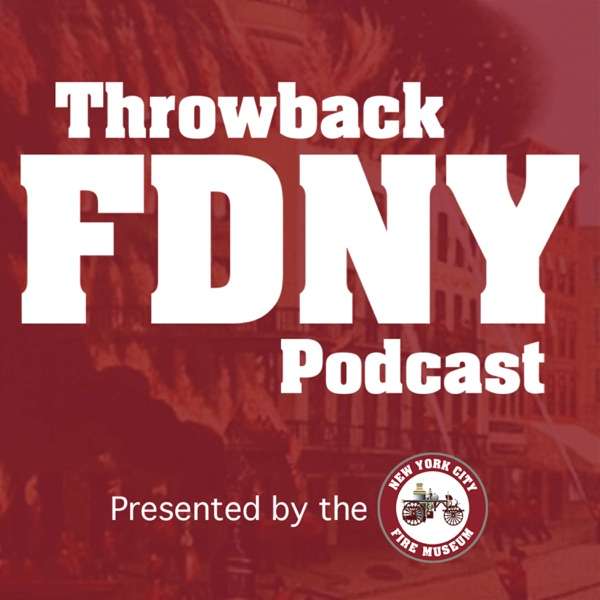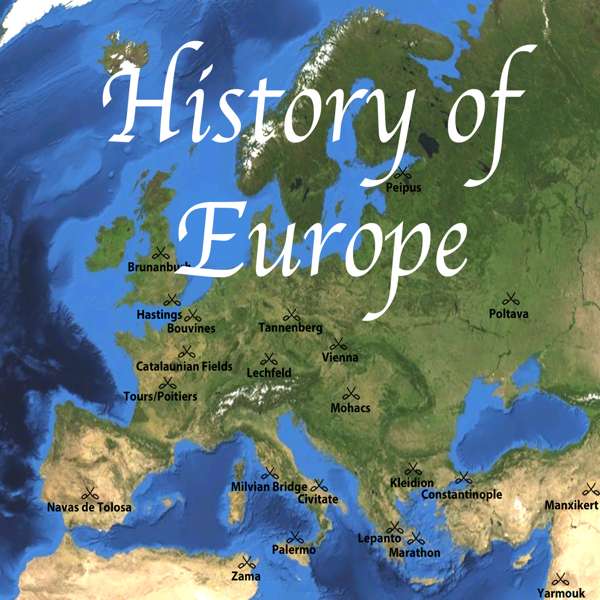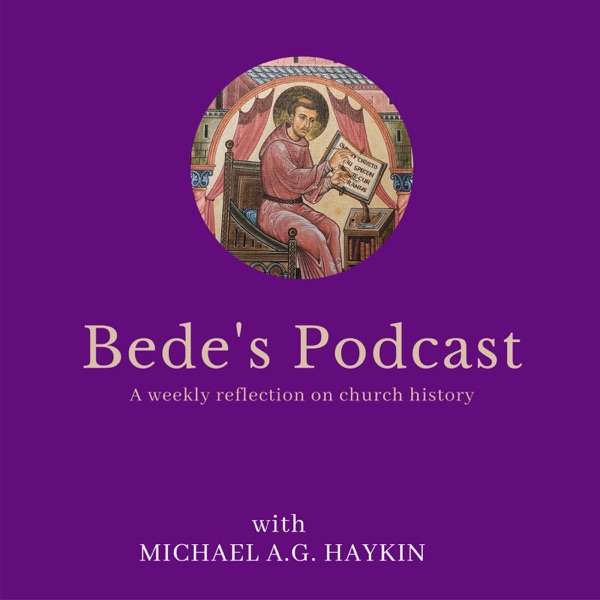Hey Reelists!
You might be wondering what’s going on with Season 5 of Reel History. Well, wonder no more – we’re here to fill you in!
For our first four seasons, we spent a year recording ten episodes, then released them on a bi-weekly schedule in one big history blitz. It built hype and gave you a regular release rhythm – and for a while, it worked beautifully.
But let’s be real: the last couple of seasons have taken more like two years to record and release. Real life got in the way. And while we love our deep-dive approach, often spending months researching for a single episode, we don’t want to keep you waiting that long – especially when we’ve got loyal Patrons supporting us every month (thank you!!), and especially when we cover timely releases like Gladiator II.
So, heading into Season 5, we’re switching things up.
Instead of waiting until an entire season is in the can, we’ll be dropping episodes on the main feed as soon as they’re recorded and edited. That means less waiting, but it also means a more irregular schedule – occasional quiet spells, followed by bursts of new episodes.
We’re also experimenting with the format. We’ll still be covering historical films and TV shows, but our Patreon bonus pods have opened the door to all kinds of fascinating historical topics – and we’re bringing some of that energy to the main feed. So in Season 5, you’ll find both our classic film & TV episodes and “Specials” where we explore real history that hasn’t (yet) been adapted into a blockbuster or prestige miniseries.
Season 5 is already underway!
Last year we released part one of our Brian Boru Special and a full episode on Gladiator II. Part two of the Brian Boru Special is out right now, alongside this post – go check it out on our main feed!
Next up: a two-part Special on the fascinating life of William Marshal, a.k.a. “the Greatest Knight.” His story is absurdly cinematic – and we’ll be using it as a way to separate fact from fiction about medieval knighthood, exploring the chaotic politics of the Angevin realm, and arguing for why that man needs his own miniseries.
Here’s how it’ll work:
Part one of our William Marshal Special will be available to Patrons later today – which means if you’re a Patron, you get two new episodes right now (Brian Boru Part 2 on the main feed, and William Marshal Part 1 on Patreon). If you’re not already supporting us, you can join up for as little as €2.5/month and get early access, bonus episodes, and help shape what we cover next.
In two weeks, William Marshal Part 1 will go live on the main feed – and Part 2 will go live on Patreon.
The trade-off with our new approach is that we can’t promise exact dates for upcoming episodes. But we can confirm the full season structure for Season 5, which will still consist of 10 episodes:
- Brian Boru Part 1
- Gladiator II
- Brian Boru Part 2
- William Marshal Part 1
- William Marshal Part 2
- Historical Film/TV 1
- Historical Film/TV 2
- Historical Film/TV 3
- Patrons’ Choice
- Season Finale
As you can see, the Patrons’ Choice is back! We’ll be running a poll on Patreon where you can vote for the film, show, or topic you want us to tackle – and yes, that could be a film or a straight-up historical deep dive. There’s an unlocked, public post on our Patreon (patreon.com/reelhistorypodcast) where you can comment options you’d love to see in the Patrons’ Choice poll, even if you’re not signed up as a paid member. Feel free to also comment there and let us know what you think of these changes!
We’re always grateful for the support, feedback, and enthusiasm from our listeners, and we’re excited to try this new approach with you. Thanks for reading — now go enjoy Brian Boru Part 2 or William Marshal Part 1 (or both!). We’ll be back in your ears again soon.
Long may the reel continue.
The post Reel History Season 5 Announcement first appeared on Shows What You Know.

 Our TOPPODCAST Picks
Our TOPPODCAST Picks  Stay Connected
Stay Connected



 .
.













 so all hands on deck as we man the canons and survey the horizon for dark sails
so all hands on deck as we man the canons and survey the horizon for dark sails  in the epic period war drama “ Master and Commander: The Far Side of the World” (2003).
in the epic period war drama “ Master and Commander: The Far Side of the World” (2003).




 ) from the imperious Washington to the much maligned “American Cataline” Aaron Burr. Oh and in case you forgot he’s the ´damn fool that shot him’!
) from the imperious Washington to the much maligned “American Cataline” Aaron Burr. Oh and in case you forgot he’s the ´damn fool that shot him’!







